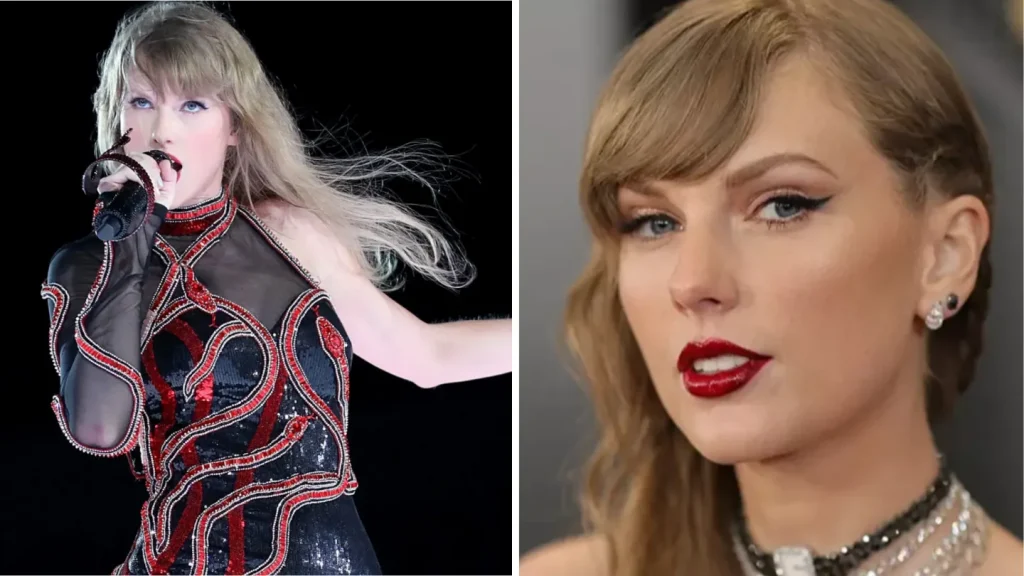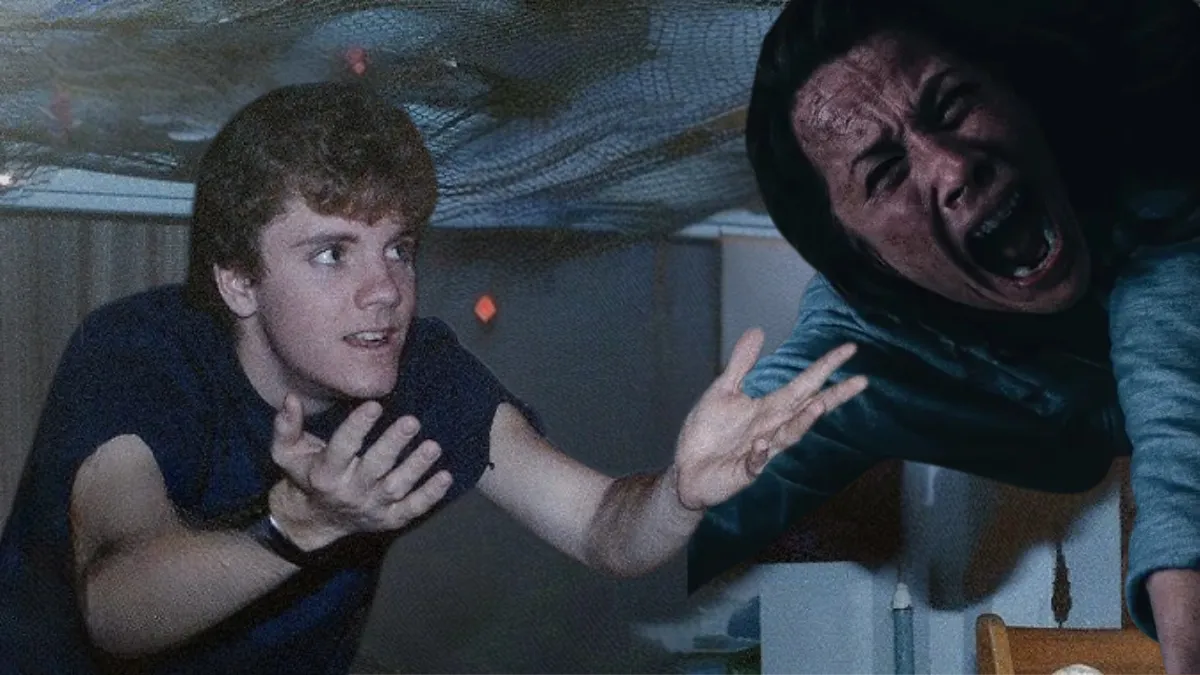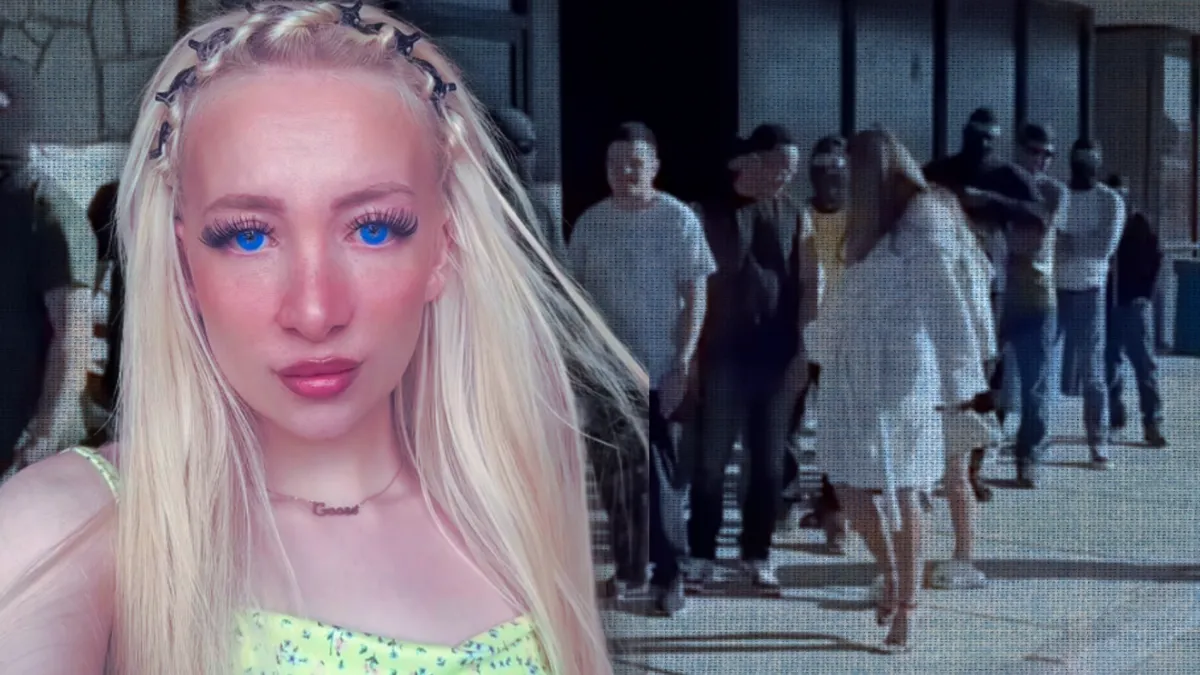In the dynamic realm of music, artists frequently challenge the boundaries of creativity to enthrall audiences. However, some artistic choices can ignite heated debates and draw sharp criticism.
Former member of the iconic Irish boy band Boyzone, Shane Lynch, has stirred up controversy with his latest claims.
Known for his spiritual transformation since becoming a born-again Christian in 2003, Lynch often discusses the intersection of faith and the entertainment industry.
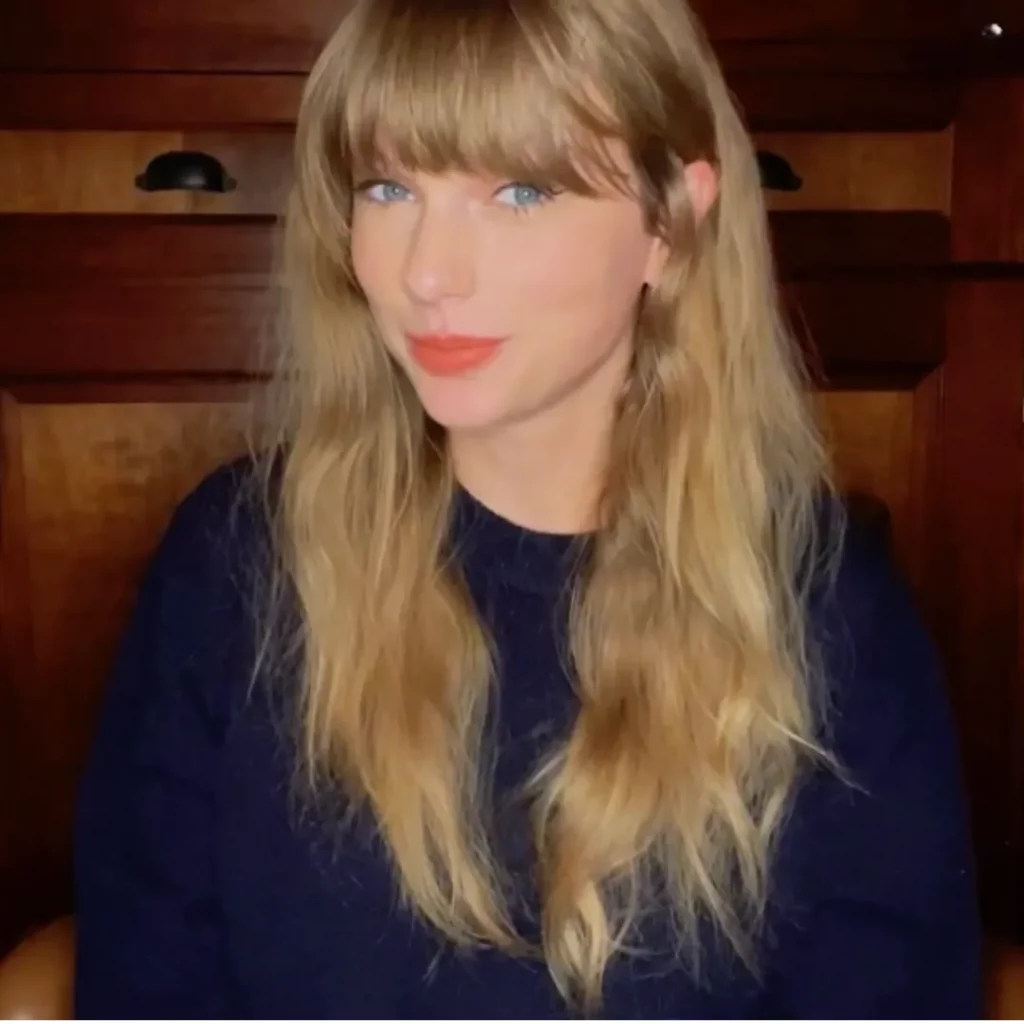
In a recent interview with Ireland’s Sunday World newspaper, Lynch shared his observations on modern music performances.
He described them as elaborate displays with elements that could be interpreted as ritualistic or even sinister.
“I think when you’re looking at a lot of the artists out there, a lot of their stage shows are Satanic rituals live in front of 20,000 people without them realising and recognising,” Lynch said.
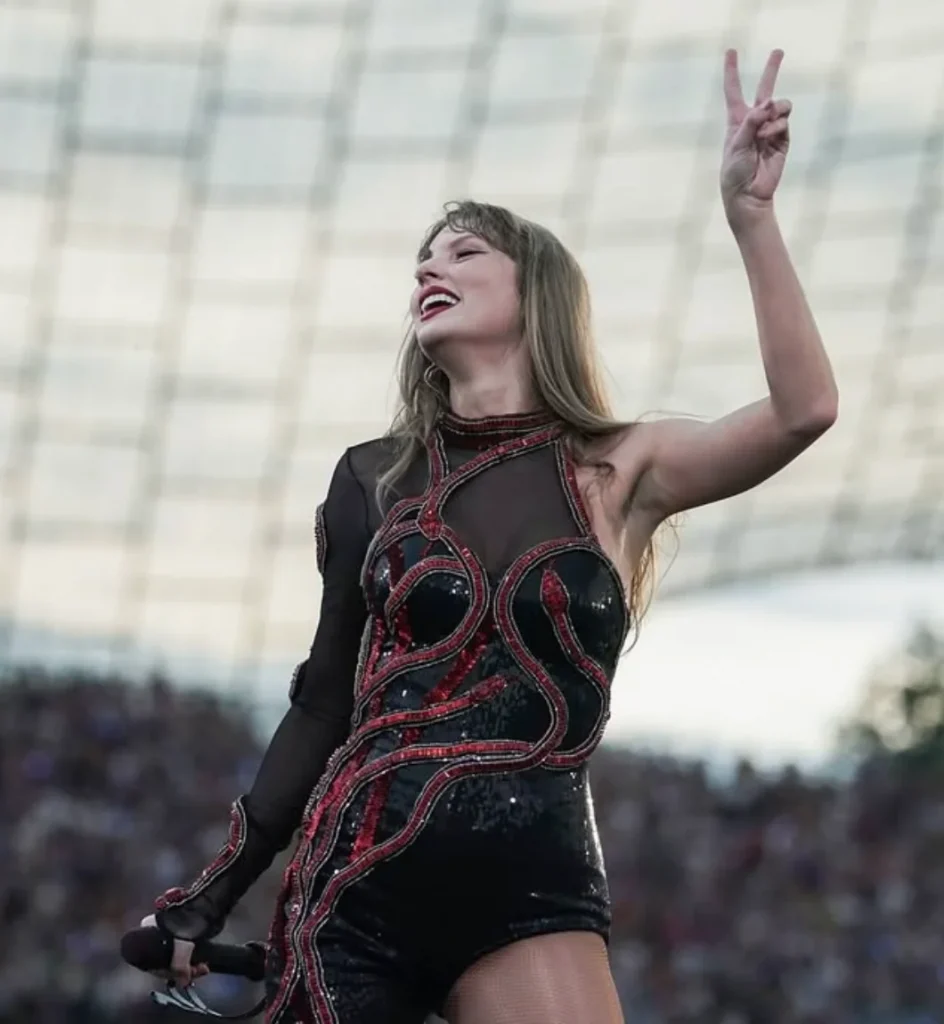
He pointed to features such as “hoods up, masks on, and fire ceremonies” as key examples.
While Lynch did not single out artists at first, his comments suggest a broader concern with the state of contemporary music.
He criticized not just the visuals but also the underlying themes and emotions conveyed through today’s performances.
Lynch further elaborated on his unease with certain genres, particularly hip-hop. “When it comes to a lot of the music that’s out there at the moment more of the hip-hop side of things there is a lot of hidden Satanic and a lot of evil within them, including down to the beats,” he claimed.
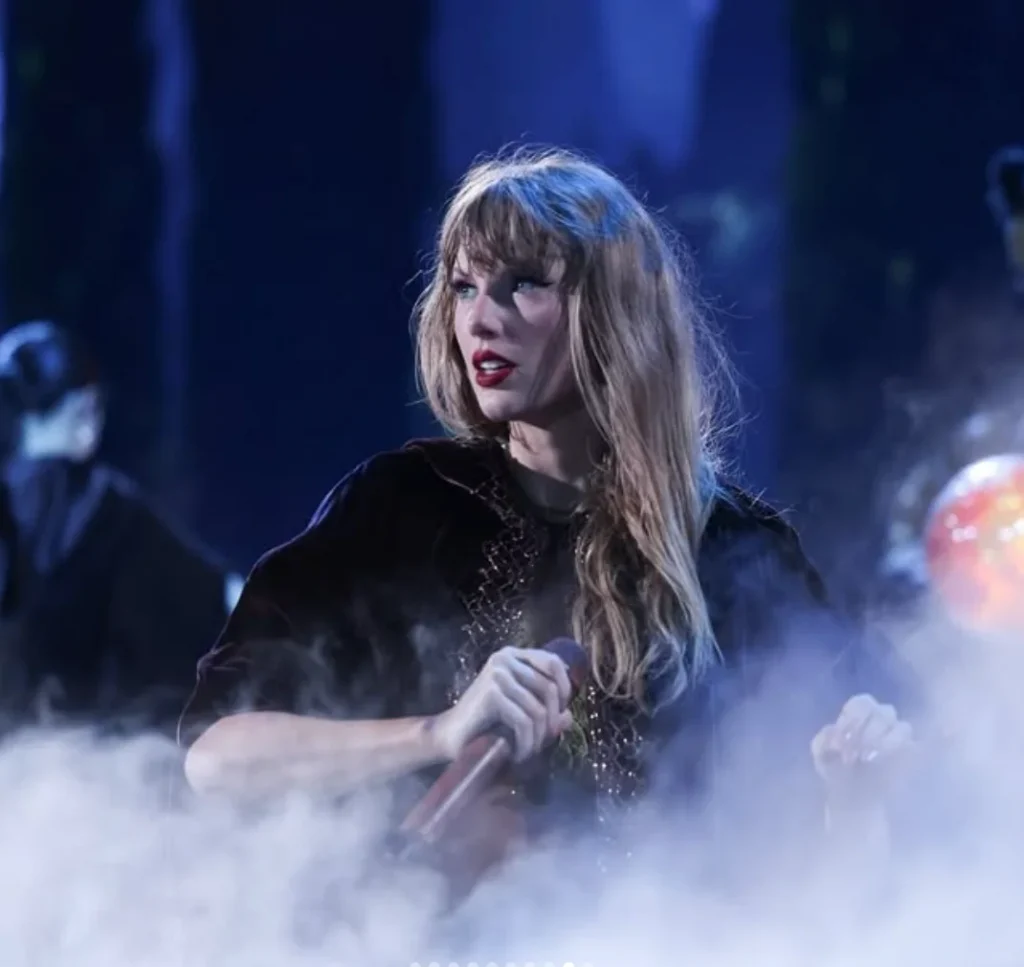
Music, he argued, has a profound ability to connect with listeners on a spiritual level. “It’s very real,” Lynch emphasized. “Music attaches to your emotions. It has a connection to your spirit and how you feel.”
This isn’t the first time Lynch has voiced such concerns, which some fans attribute to his personal journey and strong Christian faith.
Last year, during an appearance on Premier Christian Radio, he made similar remarks about Beyoncé and Sam Smith.
“They are so demonic it’s unbelievable,” he said at the time. His consistent stance on this issue has sparked a mixture of support and skepticism from both fans and critics.
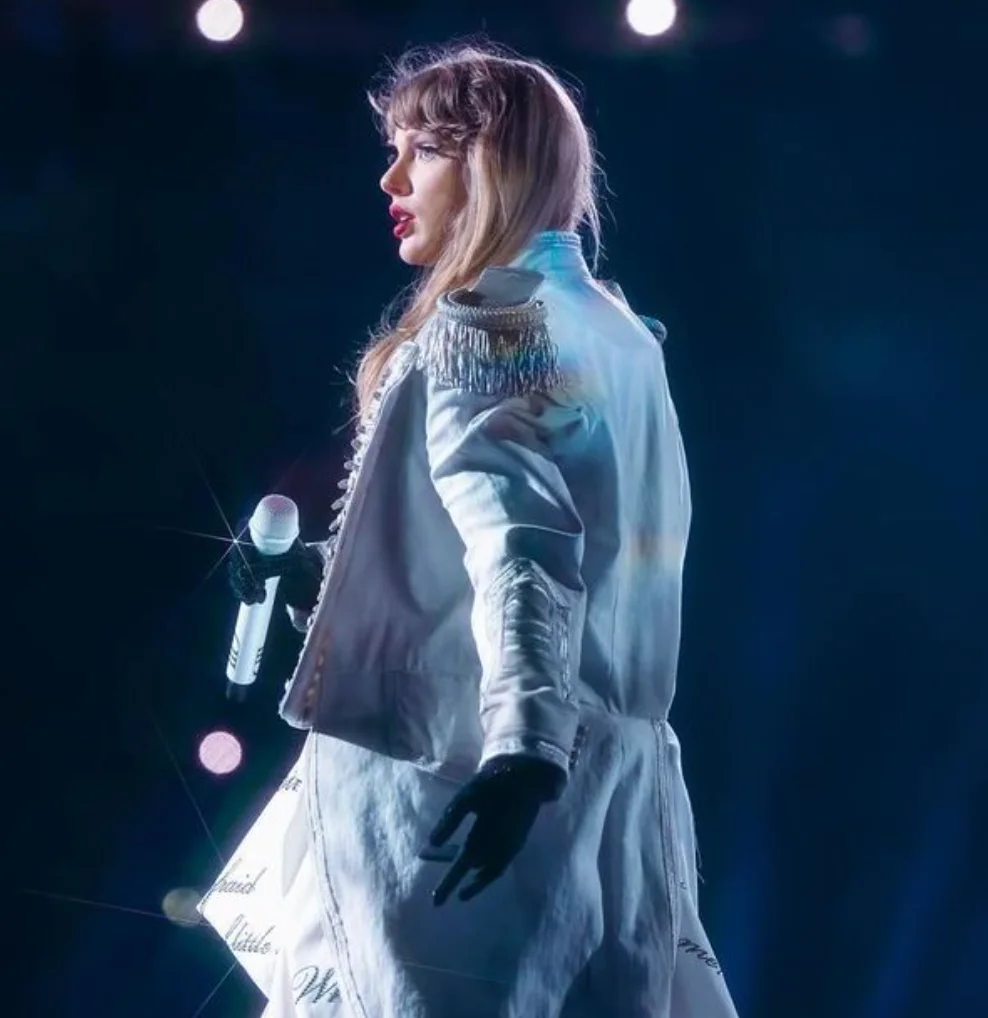
Many argue that Lynch’s interpretations are deeply personal, rooted in his beliefs rather than an objective analysis of artistic choices.
Others feel his concerns about symbolism in music and performances raise valid questions about cultural influences.
Despite the controversy, Lynch’s comments tap into a broader conversation about how audiences perceive art.
Symbols and themes used in performances often evoke strong reactions based on individual perspectives and cultural backgrounds.

Some view these elements as harmless storytelling tools, while others, like Lynch, see them as potentially harmful influences.
This divide highlights the complexity of interpreting modern art in an increasingly globalized world.
The debate over intentions versus interpretations remains a key issue in these discussions.
Artists often use bold visuals to enhance their narratives, but the absence of direct statements about their meaning leaves room for speculation.
Toward the end of his interview, Lynch finally dropped a bold assertion that brought Taylor Swift into the discussion.
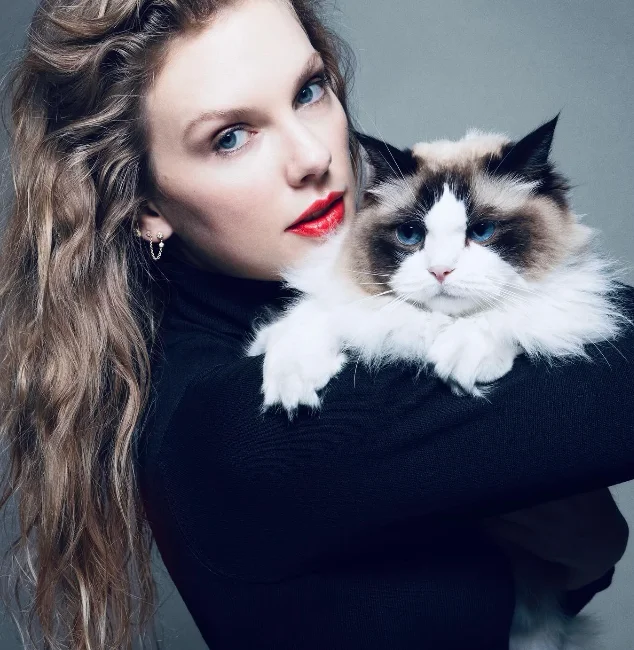
“Even down to Taylor Swift—one of the biggest artists in the world—you watch one of her shows, and she has two or three different demonic rituals,” Lynch claimed.
He referenced “pentagrams on the ground” and other symbolic imagery in Swift’s stage performances.
“But to a lot of people, it’s just art, and that’s how people are seeing it, unfortunately,” he added.
This claim comes amidst ongoing rumors and debates surrounding Swift’s use of symbolism in her work.
Earlier this year, a viral moment from her Eras Tour showed her flashing a hand gesture that some interpreted as “the sign of the horns,” a controversial symbol.
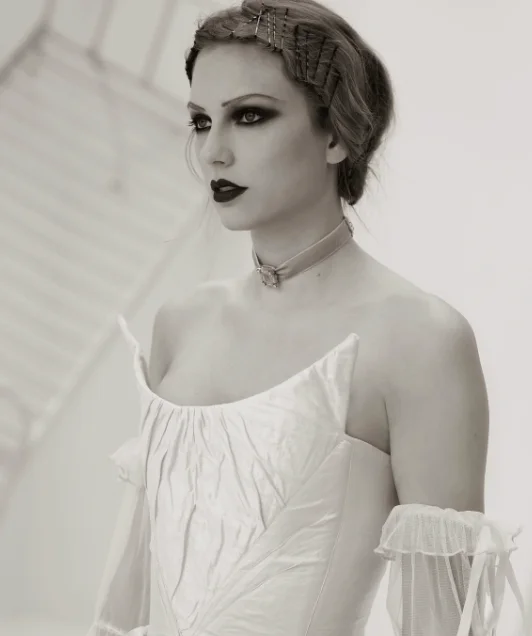
While Lynch’s remarks have drawn attention, Taylor Swift has not commented on the allegations.
The debate over symbolism and artistic freedom continues to divide opinions among fans and cultural critics.
As the music industry evolves, discussions like these underline the diverse ways people engage with art. For Lynch, however, the issue remains a matter of spiritual and moral urgency.
Featured Image Credit: (Instagram/ @taylorswift)

